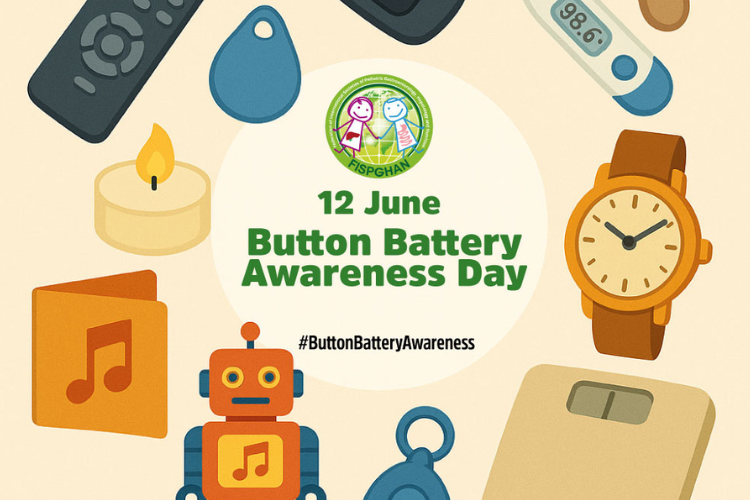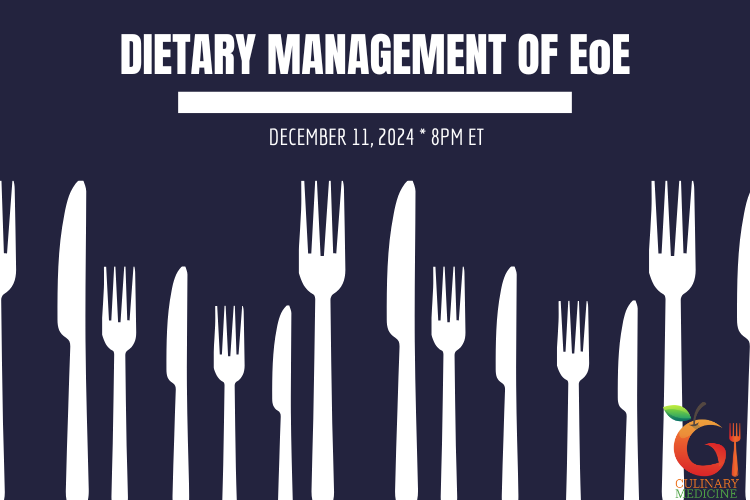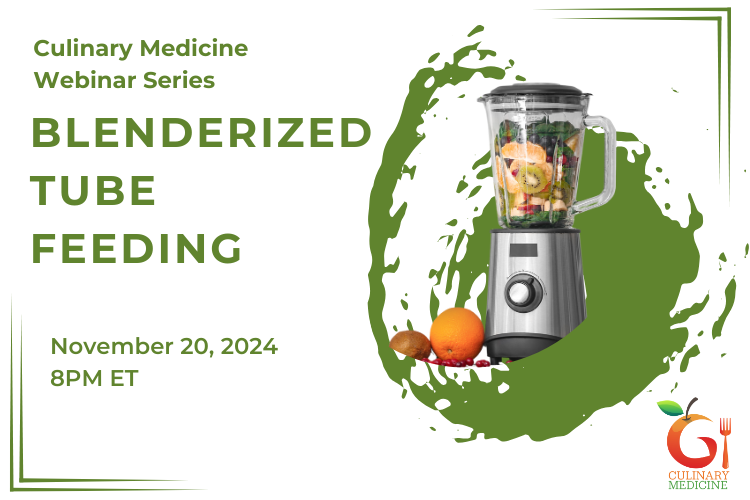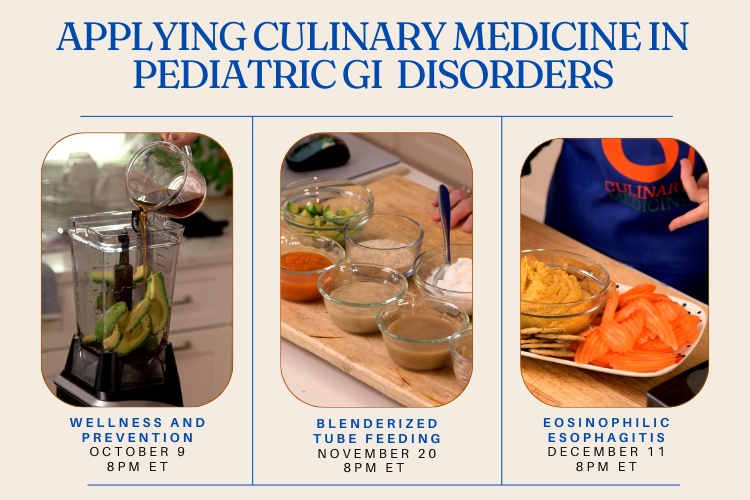It is GIKids.org's policy to respect your privacy regarding any information we may collect while operating our website. Like most website operators, GIKids.org collects non-personally-identifying information of the sort that web browsers and servers typically make available, such as the browser type, language preference, referring site, and the date and time of each visitor request. GI Kids’s purpose in collecting non-personally identifying information is to better understand how GI Kids’s visitors use its website.
GIKids.org also collects potentially personally-identifying information like Internet Protocol (IP) addresses for form submissions and for users leaving comments on gikids.org or its affiliated sites blog posts. We respect your privacy and are committed to protecting personally identifiable information you may provide us through the Website.
You can read our full privacy policy here: Privacy Policy














